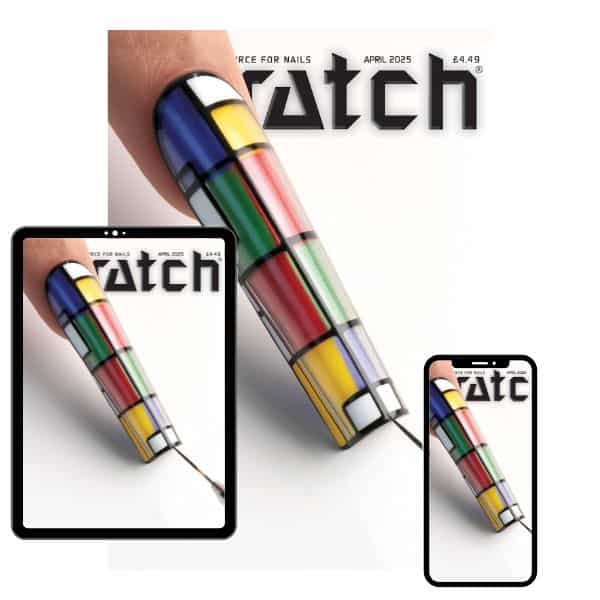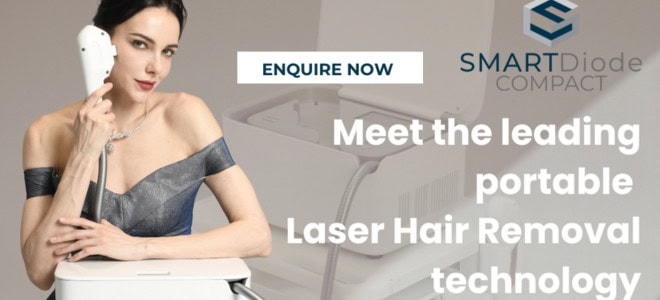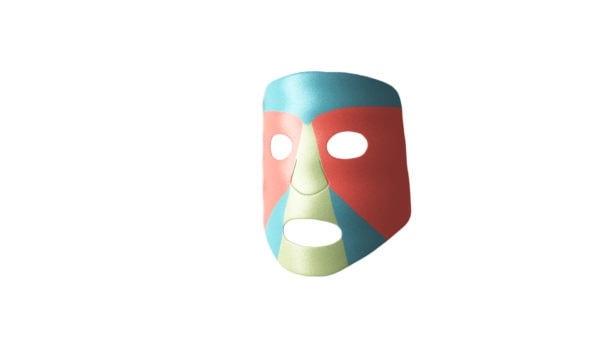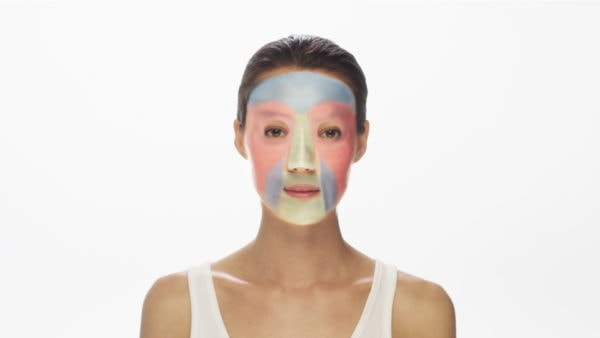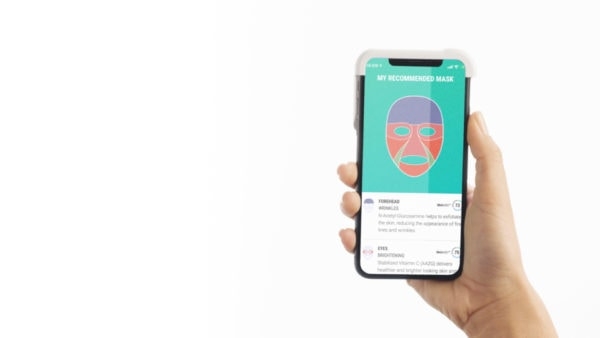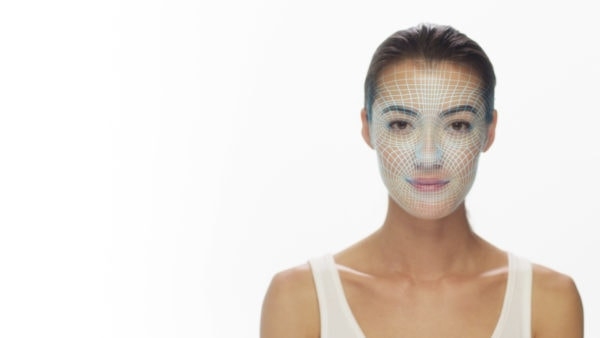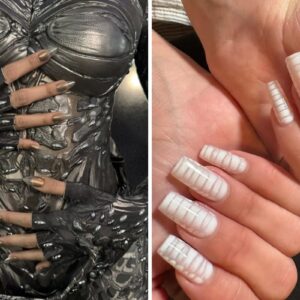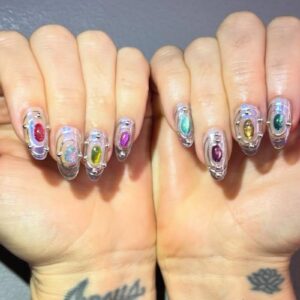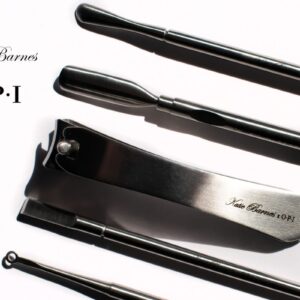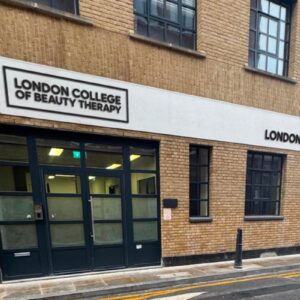Beauty takes a technology focus at CES 2019
By Sophie Nutt | 09 January 2019 | Movers & Shakers, News
This year’s International Consumer Electronics Show has seen big beauty brands bet on technology, seeing a futuristic vision of skin and hair care.
CES 2019, being held from January 8 – 11, has seen dominant brands in the industry investing in high-tech consumer experiences that involve technology such as artificial intelligence, virtual reality, facial recognition and 3D printing.
Neutrogena MaskiDTM
Skincare brand, Neutrogena, unveiled the Neutrogena MaskiDTM at the show in Las Vegas. The mask is a patent-pending, 3D-printed sheet mask powered by unique user data. Personalisation with the Neutrogena MaskiDTM happens in three ways:
- Using a smartphone 3D camera, the suer simply snaps a selfie to create a precise, multi-dimensional map of the face and the exact measurements and shape of her nose, space between the eyes, lips and other unique physical characteristics.
- Personalised date for the Neutrogena Skin 360TM system creates the virtual equivalent of a knowledgeable dermatologist and analyses the skin’s needs, making a recommendation for what ingredients will be most beneficial and where.
- Using a proprietary 3D printing process, high-efficacy ingredients are printed onto the custom-fit hydrogel mask on the exact zones of the mask where they will deliver the greatest benefit for that individual.
Dr. Michael Southall, global R&D lead at Johnson & Johnson Consumer Inc., says, “Neutrogena MaskiDTM marks one step towards a new model of product development where we find innovative uses for the latest technology, such as digital imaging, skin analysis, and 3D printing, to give consumers new ways to achieve their best skin ever.”
L’Oreal My Skin Track pH by La Roche-Posay
CES 2019 also saw L’Oreal introduce a prototype of it’s latest innovation from the L’Oreal Technology Incubator. My Skin Track pH by La Roche-Posay is the first wearable sensor and companion app to measure personal skin pH levels and create customised product regimens to better care for skin. The sensor was developed with L’Oreal’s skincare brand La Roche-Posay.
My Skin Track pH provides an accurate pH reading via a two-step process:
- The wearer places the sensor on their inner arm, leaving it in place for 5-15 minutes, until the centre two dots take on colour.
- The wearer opens the My Skin Track pH app and photographs the sensor. Utilising an advanced algorithm, the app reads the pH measurement, as well as the wearer’s local sweat loss (the rate of perspiration on the skin’s surface) to assess skin health and make customised La Roche-Posay product recommendations to care for skin and balance pH.
“The scientific and medical communities have long known the link between skin pH levels and common skin concerns that millions of people experience every day,” says Give Balooch, global vice president of the L’Oreal Technology Incubator, an arm of L’Oreal’s Research & Innovation Division. “Our goal is to use this advanced technology to empower consumers with meaningful information about their skin, so that they can find the products that are right for their individual needs.”
Coty Smart Mirror
Coty announced the Wella Professionals augmented reality (AR) enabled Smart Mirror, which is powered by the CareOS operating system. The mirror’s technology offers live AR hair colour try on, facial recognition that enables the retrieval of past looks, 360 degree video capture to view the hair at every angle, connected mobile application that allows stylists to stay in touch with clients and touch-less technology that responds to swipe hand gestures.
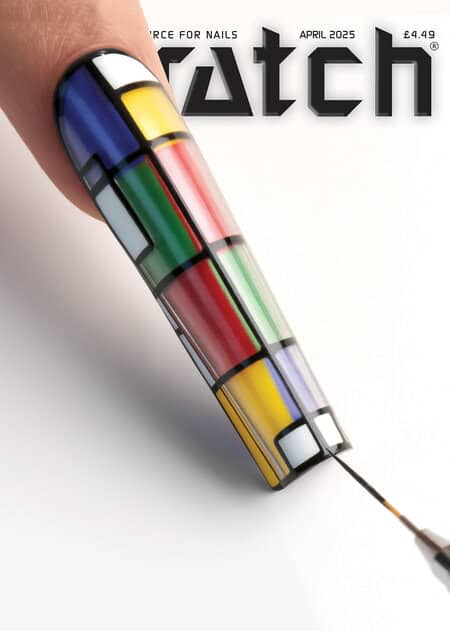
Read the latest issue
